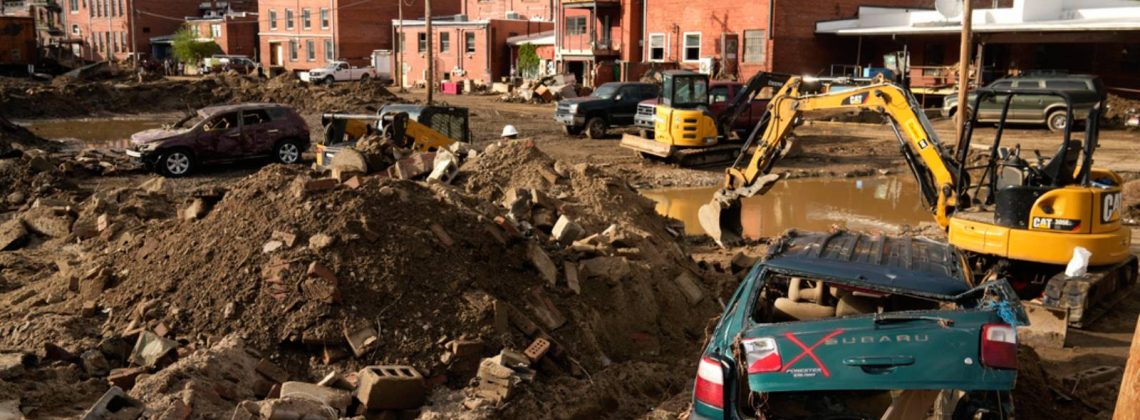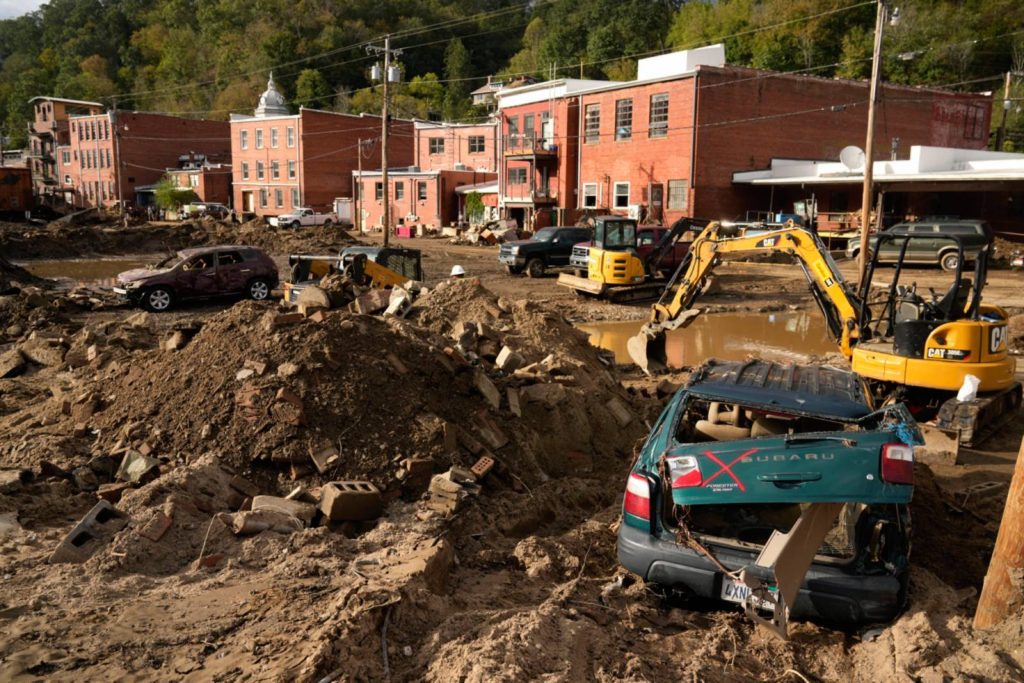

David LaMotte is a songwriter, speaker, author, and peace activist from western North Carolina. In his recent piece at Duke Divinity School’s Faith & Leadership blog, he explains what it means to “wait with deep hope” in the wake of the devastation to the region following Hurricane Helene.
Here is a taste:
So many people have had their life trajectories altered forever. Encouraging them to put a positive spin on things might not go over well at all. Hurricane Helene was the deadliest storm in the mainland United States since Katrina, and the destruction is hard to comprehend if you haven’t seen it for yourself.
It is insulting to tell people who are in the midst of great tragedy that the real issue is their attitude, and this is too often what people hear in well-intentioned messages of hope.
Part of the issue may be that there is so much cheap hope being peddled in the world. Real hope — deep hope — is too often diminished into optimism. But deep hope has nothing to do with what you think is likely to happen next.
Václav Havel wrote, “Hope is not prognostication. It is an orientation of the spirit.” It is not about what we think is going to happen; it is about where we point our lives, sometimes in spite of the odds rather than because of them. If we take faith seriously, we point our lives toward the possibility of better communities and a better world, and we work to create them, even — and perhaps especially — when the outcomes we desire seem impossibly distant.
The opposite of cheap hope is pessimism, but the opposite of deep hope is despair, which leads to passivity. Hope, in its deeper sense, does not require a positive outlook. It requires a choice to keep moving toward a better way and a better world. So it is entirely possible to feel pessimistic about the direction things are going yet live from deep hope.
I think that may be what we are called to in these hard days.
Read the rest here.